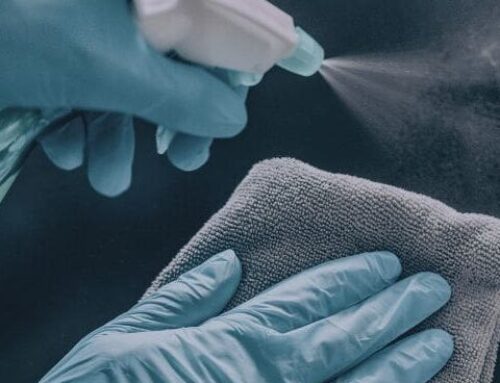In late February 2015 the University of California, Los Angeles (UCLA) Medical Center reported a cluster of carbapenem-resistant Enterobacteriaceae (CRE) cases in patients who underwent endoscopic retrograde cholangiopancreatography, or ERCP between October 3, 2014 and January 28, 2015. Of the 179 patients who underwent ERCP during that time, at least nine contracted CRE and two died from infection.
Molecular fingerprinting of CRE isolates from infected patients showed that the isolates were clonal, meaning they were likely to have originated from the same source. All CRE-infected patients had undergone ERCP with one of two particular duodenoscopes, indicating those duodenoscopes were the reservoir of CRE and source of infection.
Subsequent evaluation of UCLA’s reprocessing procedures demonstrated adherence to standard reprocessing practices, which has caused great concern among patients and endoscopic surgeons. To address the issue, the American Gastroenterological Association convened a special meeting in San Francisco on March 21. Dr. Benjamin Tanner, CEO of Antimicrobial Test Laboratories, was invited to present as an expert in disinfection. The meeting was attended by several prominent endoscopic surgeons, engineers from endoscope makers Fuji and Pentax, representatives from the U.S. Food and Drug Administration (FDA), and personnel from the Centers for Disease Control and Prevention (CDC).




